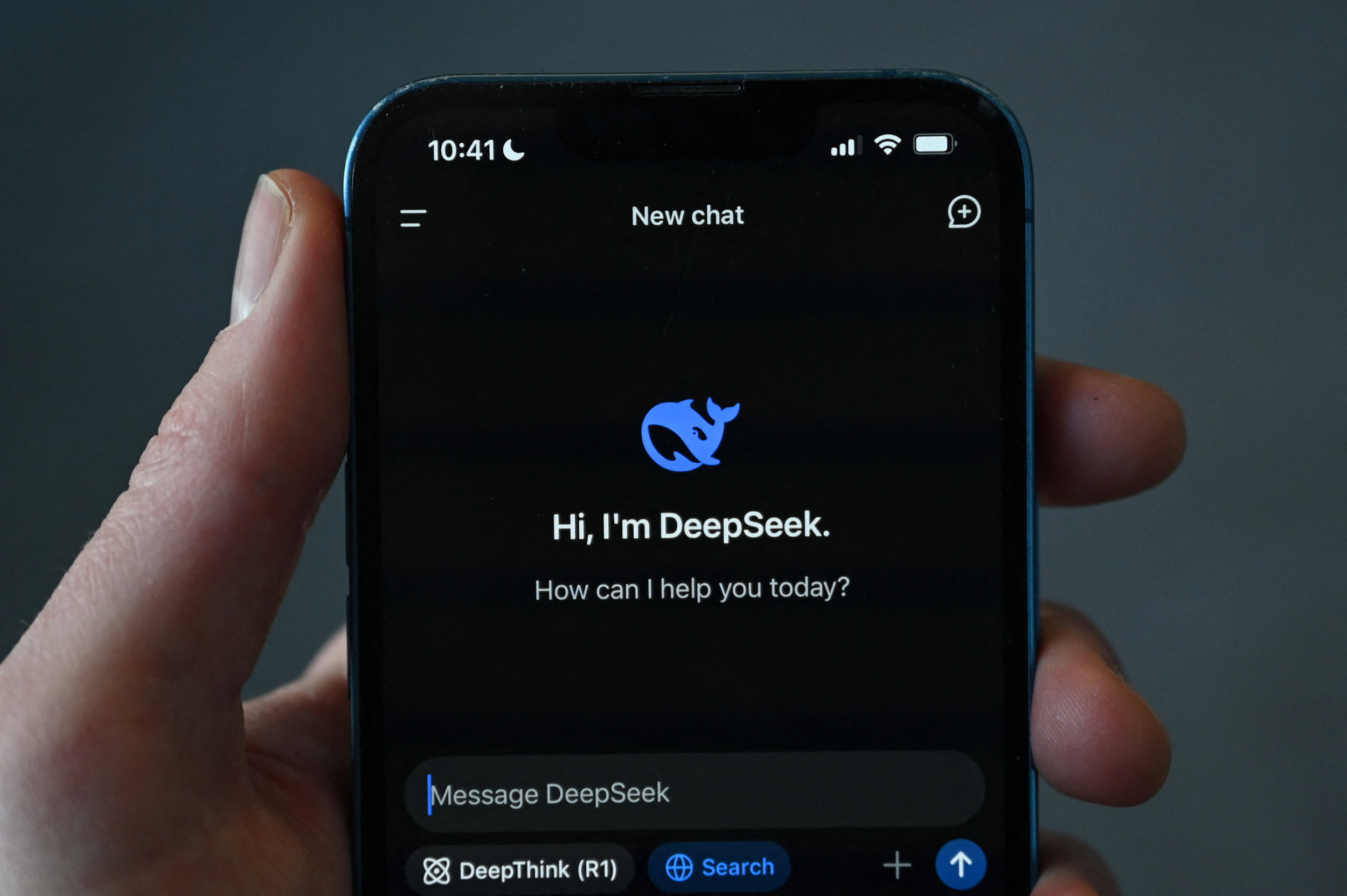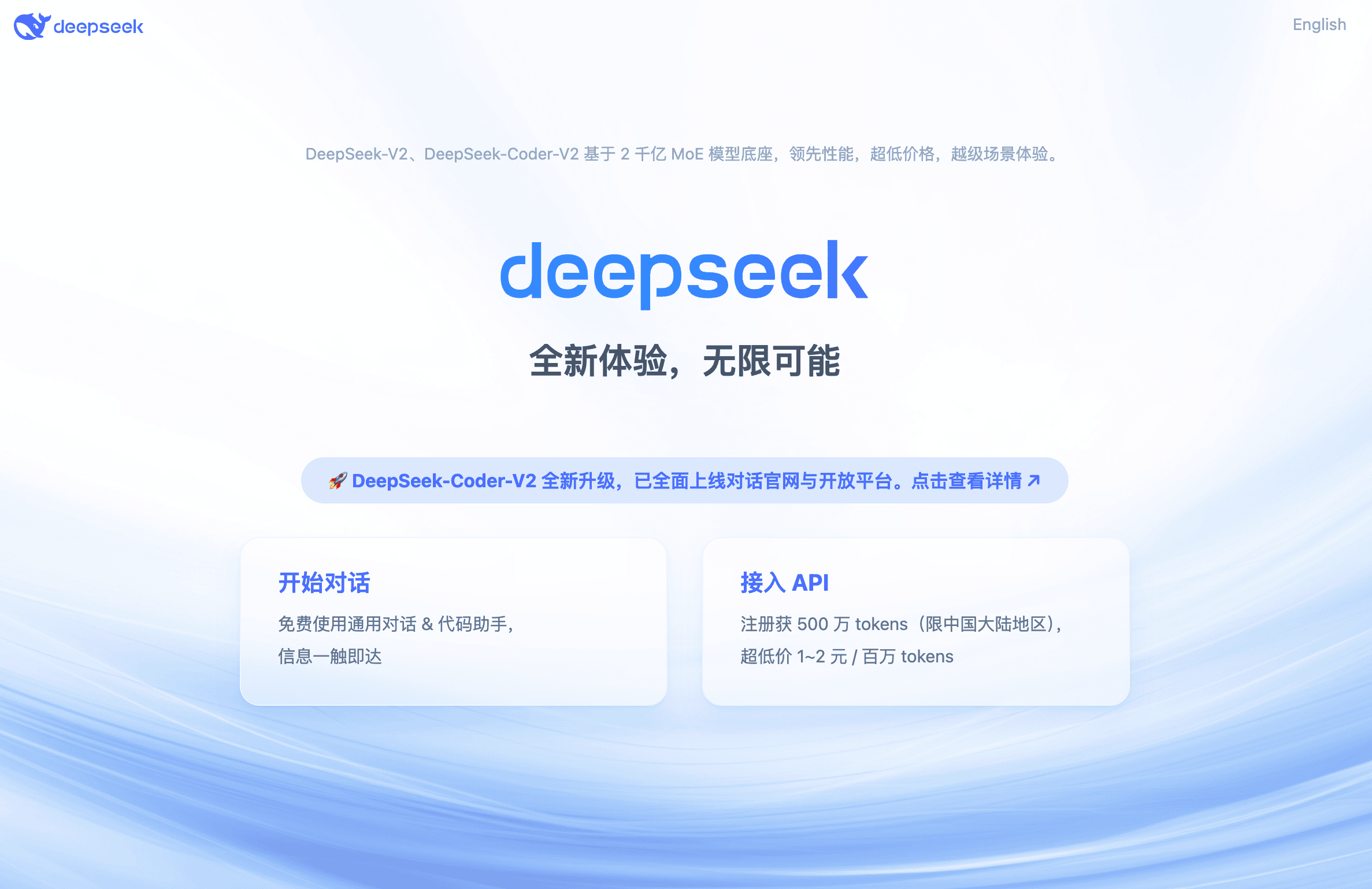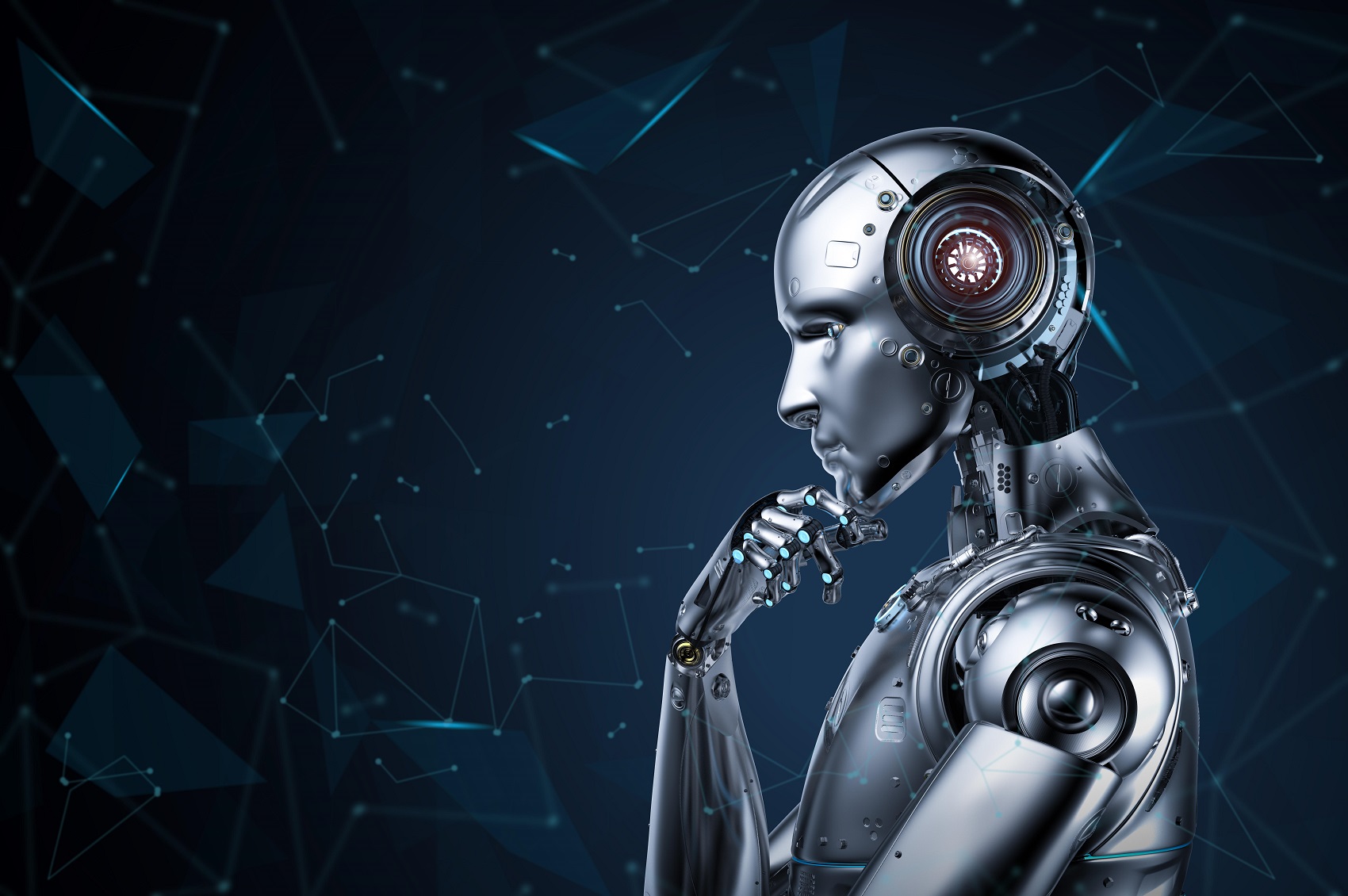DeepSeep-R1 chatbot, a groundbreaking development in the AI world, has just recently triggered an outcry in both the finance and innovation markets. Created in 2023, this Chinese start-up quickly overtook its rivals, including ChatGPT, and ended up being the # 1 app in AppStore in several countries.
DeepSeek wins users with its low rate, being the very first innovative AI system readily available for totally free. Other similar large language designs (LLMs), such as OpenAI o1 and Claude Sonnet, are currently pre-paid.
According to DeepSeek's designers, the expense of training their model was just $6 million, a revolutionary little amount, compared to its competitors. Additionally, the design was trained using Nvidia H800 chips - a streamlined variation of the H100 NVL graphics accelerator, which is enabled export to China under US limitations on selling advanced technologies to the PRC. The success of an app developed under conditions of limited resources, as its designers declare, became a "hot subject" for conversation among AI and company specialists. Nevertheless, some cybersecurity specialists explain possible threats that DeepSeek may bring within it.
The risk of losing investments by big technology business is currently among the most pressing subjects. Since the big language model DeepSeek-R1 first ended up being public (January 20th, wiki.dulovic.tech 2025), its unmatched success caused the shares of the business that bought AI development to fall.
Charu Chanana, mariskamast.net primary investment strategist at Saxo Markets, suggested: "The introduction of China's DeepSeek suggests that competitors is magnifying, and although it might not posture a significant hazard now, future rivals will evolve faster and challenge the established business quicker. Earnings this week will be a substantial test."
Notably, DeepSeek was released to public use almost precisely after the Stargate, which was expected to become "the greatest AI facilities project in history up until now" with over $500 billion in funding was revealed by Donald Trump. Such timing might be seen as a purposeful attempt to discredit the U.S. efforts in the AI technologies field, not to let Washington acquire an advantage in the market. Neal Khosla, a founder of Curai Health, asteroidsathome.net which utilizes AI to enhance the level of medical support, called DeepSeek "ccp [Chinese Communist Party] state psyop + financial warfare to make American AI unprofitable".
Some tech experts' apprehension about the revealed training cost and equipment utilized to develop DeepSeek may support this theory. In this context, some users' accounting of DeepSeek allegedly determining itself as ChatGPT also raises suspicion.

Mike Cook, a scientist at King's College London focusing on AI, discussed the subject: "Obviously, the model is seeing raw actions from ChatGPT eventually, but it's not clear where that is. It could be 'accidental', but regrettably, we have actually seen circumstances of people directly training their designs on the outputs of other models to try and piggyback off their knowledge."
Some experts also find a connection between the app's founder, Liang Wenfeng, and the Chinese Communist Party. Olexiy Minakov, a specialist in interaction and AI, shared his worry about the app's fast success in this context: "Nobody checks out the regards to usage and personal privacy policy, happily downloading a totally totally free app (here it is proper to recall the saying about totally free cheese and a mousetrap). And after that your data is saved and available to the Chinese government as you connect with this app, congratulations"
DeepSeek's privacy policy, according to which the users' data is stored on servers in China
The potentially indefinite retention duration for users' individual details and uncertain phrasing concerning information retention for users who have actually broken the app's terms of usage may also raise concerns. According to its privacy policy, DeepSeek can get rid of information from public gain access to, however retain it for internal examinations.

Another hazard prowling within DeepSeek is the censorship and predisposition of the information it offers.

The app is hiding or providing deliberately false info on some subjects, showing the risk that AI innovations developed by authoritarian states might bring, and the influence they might have on the information area.
Despite the havoc that DeepSeek's release caused, some specialists demonstrate apprehension when speaking about the app's success and the possibility of China providing brand-new revolutionary creations in the AI field quickly. For example, wiki.die-karte-bitte.de the job of supporting and increasing the algorithms' capacities may be a difficulty if the technological restrictions for China are not lifted and AI technologies continue to progress at the same fast rate. Stacy Rasgon, an expert at Bernstein, called the panic around DeepState "overblown". In his viewpoint, the AI market will keep receiving investments, and there will still be a requirement for data chips and information centres.
Overall, fishtanklive.wiki the economic and technological variations caused by DeepSeek may undoubtedly prove to be a short-term phenomenon. Despite its present innovativeness, the app's "success story"still has substantial spaces. Not just does it concern the ideology of the app's developers and the truthfulness of their "lesser resources" advancement story. It is likewise a concern of whether DeepSeek will prove to be resilient in the face of the marketplace's demands, and its capability to keep up and overrun its competitors.








